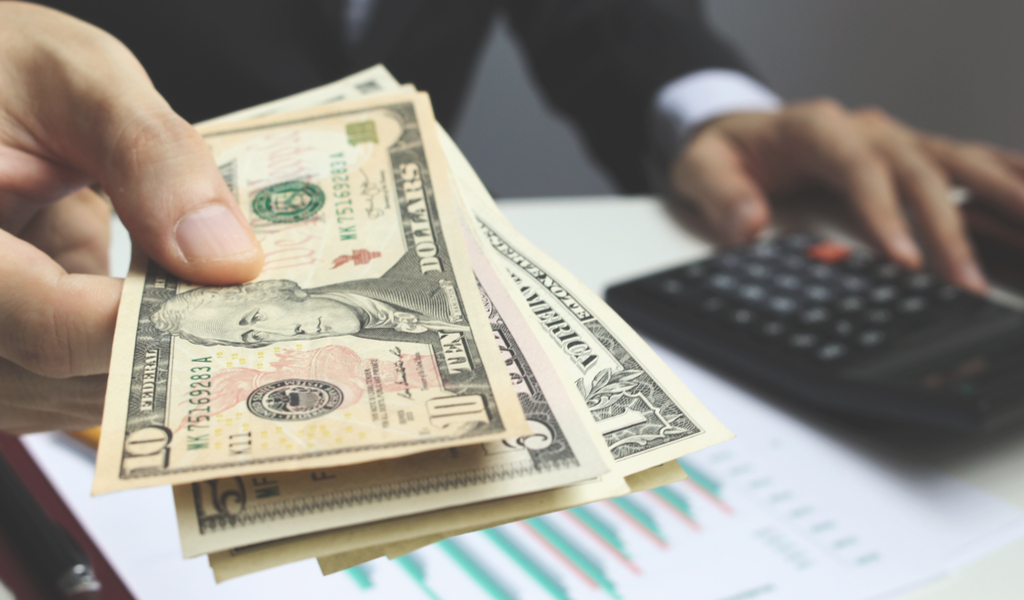In the current credit crisis, with less and less mainstream banks willing to extend credit to their customers, more and more people are turning to other sources of cash when they find themselves short. One such solution is borrowing against the next pay check with an advance from one of the many payday loans providers on the market. While payday loans have traditionally been seen as a ‘last resort’ loan, this type of borrowing is experiencing a surge in popularity, not least because of the minimal paperwork and less strict lending criteria needed to be accepted.
But when is a payday loan a good idea? And when should consumers steer clear of this type of credit? A general rule is that payday loans should only be used in case of an emergency. Good examples of times when consumers might wish to turn to this type of borrowing to help with their cash flow include an automobile breakdown – payday borrowing can fund repairs, ensuring car owners can continue to use their vehicle for essential travel such as getting to and from work.

Another good example of an emergency where short term borrowing against the next pay check can help is in the event of being hit by unexpected medical or vets bills. Paying to keep the household healthy must be a top priority and in these cases payday loans are a great bridge when short of cash.
Payday loans can be a great way to keep things ticking over when households find themselves left short one month, but should not be relied on as a way of funding luxuries. Bad reasons for taking payday loans include buying unnecessary consumer items or going on holidays that the borrower could not otherwise afford. Borrowers should bear in mind that payday loans are just that, loans, and need to be repaid as soon as the next pay check arrives.



